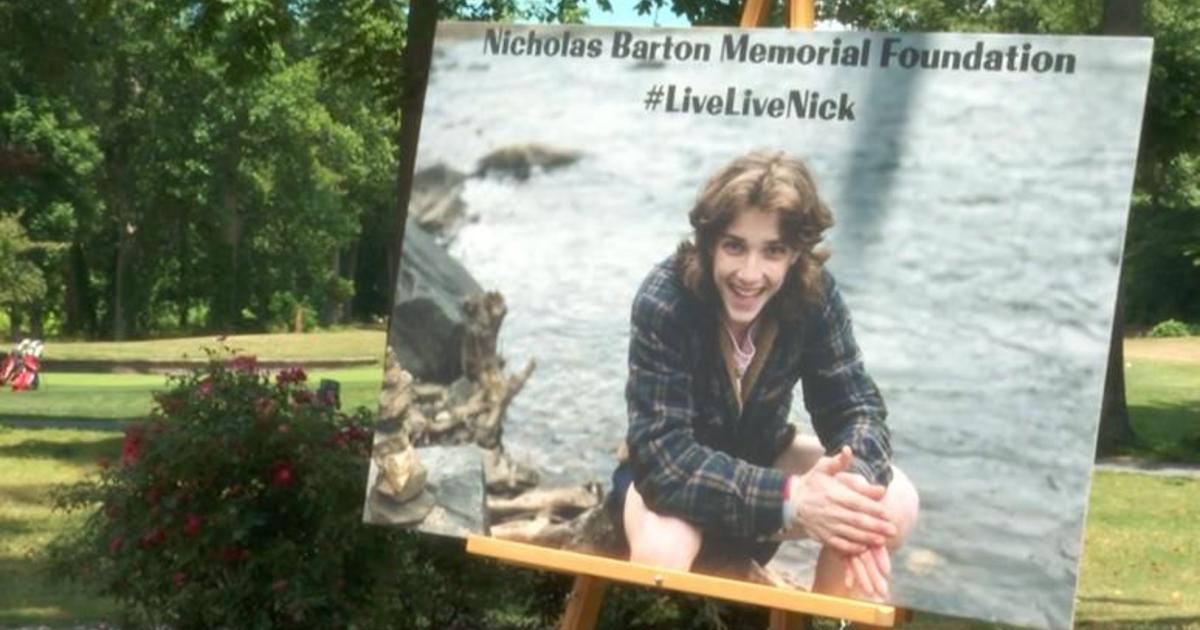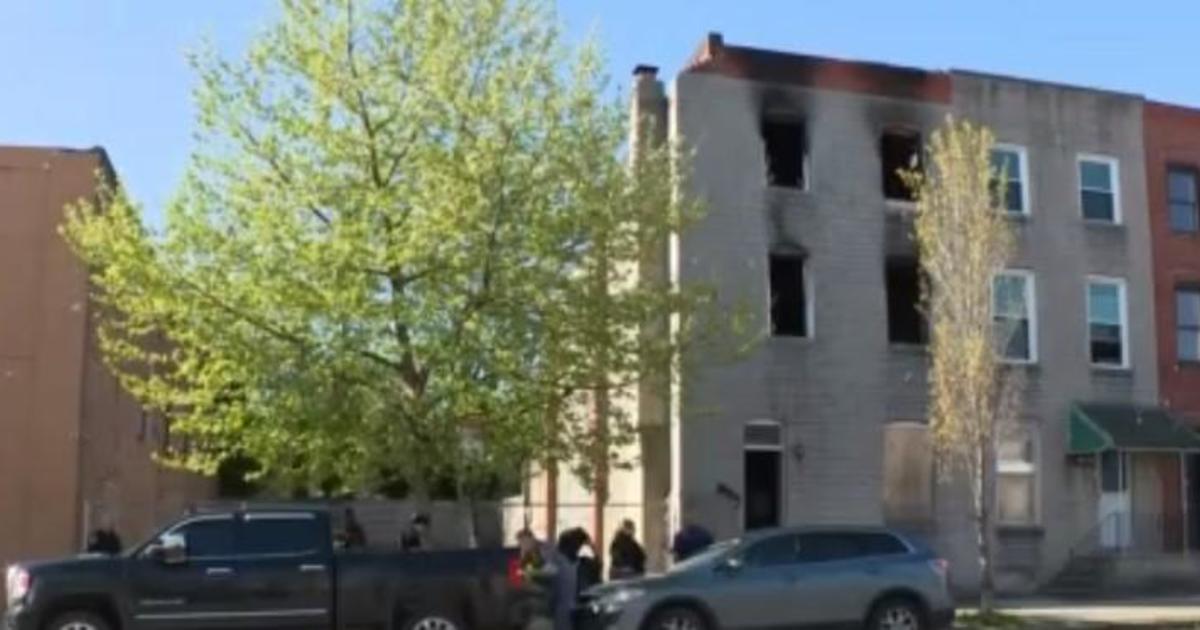Thanksgiving Could Be The 'Mother Of All Superspreader Events,' Health Expert Warns
(WJZ/CNN) -- The coronavirus pandemic is raging across the US as cases explode and deaths spike. More than 2,100 Covid-19-related deaths were reported Tuesday, the highest single-day number since May. In Maryland, it seems to be business as usual for holiday travel.
A new survey from the University of Maryland Medical System found that four in ten Marylanders are not changing their Thanksgiving travel plans.
The United States recorded more than 171,000 new cases, Johns Hopkins University reported. A record-breaking number of patients are hospitalized at more than 88,000, the highest number of Covid-19 hospitalizations since the pandemic began and the 15th straight day of record admissions, according to the Covid Tracking Project.
Despite these skyrocketing statistics, millions of Americans are traveling for Thanksgiving to spend the holiday with family and friends. They're packing into airports and boarding planes, ignoring guidance from the US Centers for Disease Control and Prevention advising against traveling this year.
The US could see an explosion of Covid-19 infections in the weeks following Thanksgiving, Dr. Jonathan Reiner, a former White House medical team adviser, told CNN Tuesday.
"It's potentially the mother of all superspreader events."
Many health officials believe the Midwest was seeded with Covid-19 last summer from just such an event, the Sturgis Motorcycle Rally in South Dakota, Reiner said.
"Now imagine that on a massive scale -- people leaving from every airport in the United States, and carrying virus with them," he added.
Americans have been clamoring for Covid-19 tests before they travel, but Assistant Secretary for Health Adm. Brett Giroir said during a press conference Tuesday don't bother, that a test isn't necessarily a good way to gauge whether an individual is fine to travel, unless they test positive, which in that case means stay home.
A Covid-19 test before traveling is a benefit in the sense that it could alert a person to a positive result, "and that's a good thing," he said, but it's not necessarily an indication of whether someone is infected at that moment.
For example, if a person is infected with Covid-19 and has a test a day or two later, there might not be enough viral RNA to detect the virus.
So, testing as a litmus for traveling won't work, unless it reveals a positive result and the person stays home as a result, Reiner said.
"What I think I want people to understand, more importantly, is that a test that's negative today doesn't mean you're going to be negative tomorrow or the next day or the following day," Giroir told CNN. "That negative test is not a free pass to do risky behavior."
It's not wrong to get a test, but a negative test "doesn't give you a free pass," he said.
The US is "at a critical and very dangerous point in this pandemic where cases are rising in nearly every jurisdiction and our hospital capacity is getting ... it's really getting challenged by this," Giroir added.
"It is a dangerous situation but it's reversible," he said.
Public health officials, including Giroir, have stressed continued mitigation efforts, such as mask usage, social distancing, avoiding crowded places and frequent hand washing as a means of controlling the spread of Covid-19 and eventually bringing down the curve.
The-CNN-Wire
™ & © 2020 Cable News Network, Inc., a WarnerMedia Company. All rights reserved.



